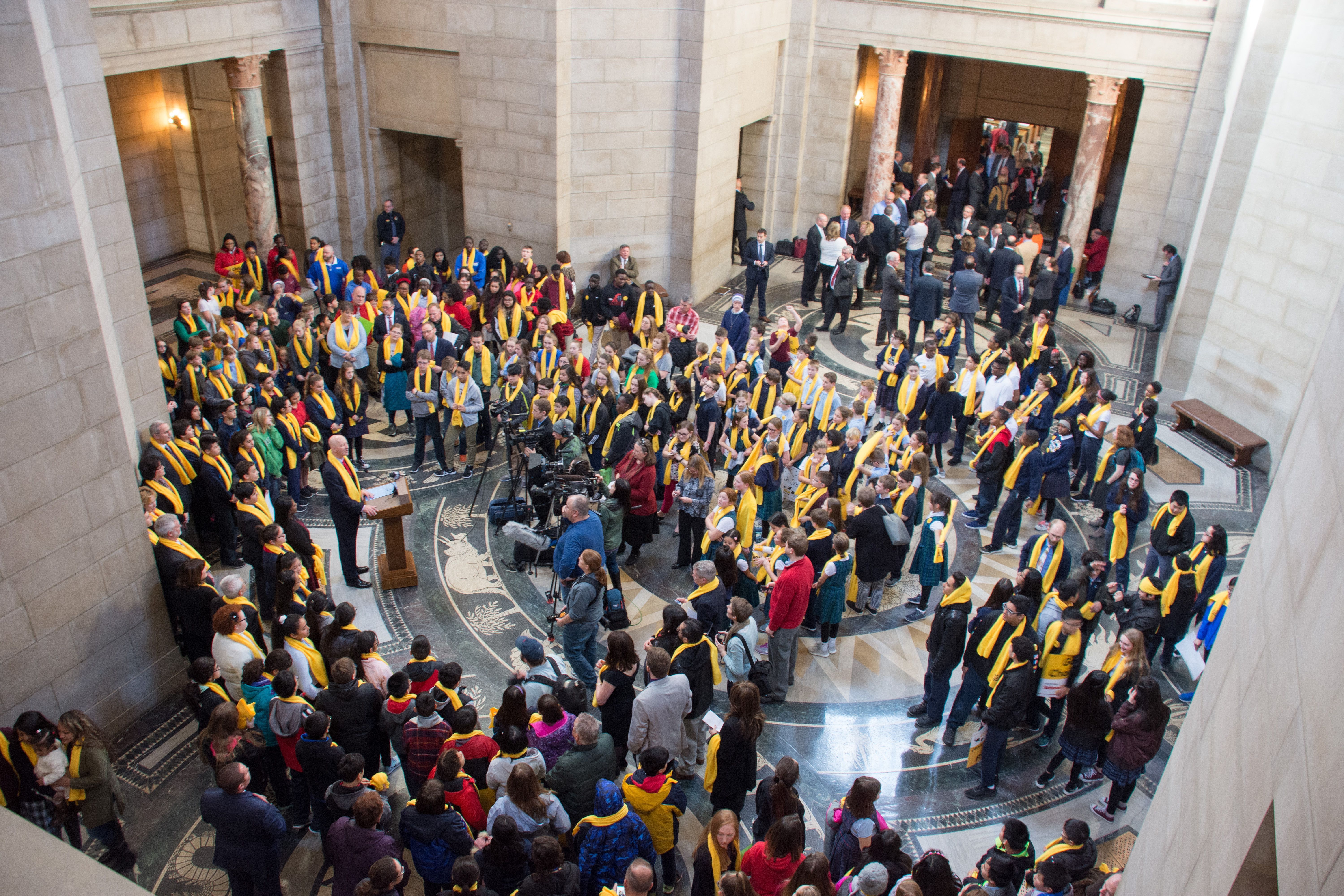
June 24 marked the third anniversary of the Dobbs decision, which overturned Roe v. Wade after five decades of life under the scourge of a legal and social regime that despised the lives of unborn children as irrelevant when weighed against adult desires and fears.
Dobbs ended that national legal regime, holding that Roe was “egregiously wrong from the start” and that there is not and never has been a right to kill unborn children in the U.S. Constitution. This was a real victory.
But the social regime—the public acceptance of a “right to abortion” supported by a false vision of adult “individual autonomy” as the greatest human good—remains strong, and it still negatively affects our state laws. It is difficult for society to shake such a deeply embedded evil, especially one that long had the sanction of our highest public authorities.
The early results of battles in the states after Dobbs indicated the old social abortion regime was gaining new strength. Pro-abortion political forces got off to a 7-0 start in ballot initiative fights in 2022 and 2023. Only in 2024 did the pro-life side rally strongly enough to blunt pro-abortion momentum and win in Nebraska, Florida, and South Dakota. The pro-life side still lost more ballot initiative battles in 2024 than it won.
That leaves us here, in 2025, pushing against cultural headwinds to provide greater protections to women and unborn children from the lethal physical and spiritual wounds inflicted by abortion. Not only are our laws still imperfect; it is apparent from the results of our ballot initiative fight that Nebraskans are nearly as divided and conflicted internally on life as the citizens of most other states, even if we do support some protection for unborn children and have rejected abortion-on-demand.
Yet our hope is well-founded. Even the timing of Roe’s demise is a sign. As I wrote for the Register in 2022, June 24 in most years is the feast of the Nativity of St. John the Baptist, who as an unborn child “leapt in his mother’s womb” and gave witness to the humanity and divinity of his unborn Cousin, Jesus Christ, at the Visitation.
In 2022, the feast of John the Baptist’s nativity was superseded by the Solemnity of the Sacred Heart of Jesus, which took place on June 24 of that year. These feasts coincided on the day Roe was overturned by the U.S. Supreme Court. I did not and do not believe that is a coincidence. God’s Providence is a mysterious and sometimes beautifully serendipitous-seeming thing.
Our society’s confusion over abortion does not lessen the immorality and depravity of killing innocent human beings. But we must be mindful of it as we go about attempting to make our laws not only more perfectly just, but also durable enough to withstand reversal. If we cannot enact or sustain an outright ban on abortion today—and we cannot, both because the public is not ready to support it and because the Legislature will not go that far today—what should we be doing?
Where the old-fashioned straight-ahead infantry charge is not feasible, good leadership embraces creativity and patience. St. Thomas Aquinas, St. Thomas More, St. Robert Bellarmine, and St. John Paul II all advise the wisdom of incremental lawmaking to lead society gradually from vice to virtue rather than attempting to force perfectly just commands on men who will reject the laws, hold them in contempt, and revolt against them en masse because of their present inability or unwillingness to distinguish between right and wrong.
We have opportunities to make headway now. Abortion mills not only kill innocent children for money; they provide nothing of value to the community, repeatedly fail to meet decent health and safety standards, and are dishonest, often even fraudulent, in their business practices. They are notorious co-conspirators with the sex-trafficking industry. Abortion clinics also depend in large part on the unmerited contributions of unwilling taxpayers, a situation that’s ripe for correction after Dobbs, and not only in Congress, which passed an important but insufficient one-year moratorium on funding abortion via Medicaid earlier this month. Starve the industry of money in your state and they may pack up and leave.
There’s a lot there to go after, in the public forum and in the laws, that can both hurt the abortion industry and shift public opinion against it, even before the public is finally ready to fully embrace the equal dignity and rights of the unborn child. What cannot be finished in direct fashion today can often be advanced indirectly before the decisive action comes at its appointed time.
God grant that it be soon, and in the meantime give us wisdom and strength.

